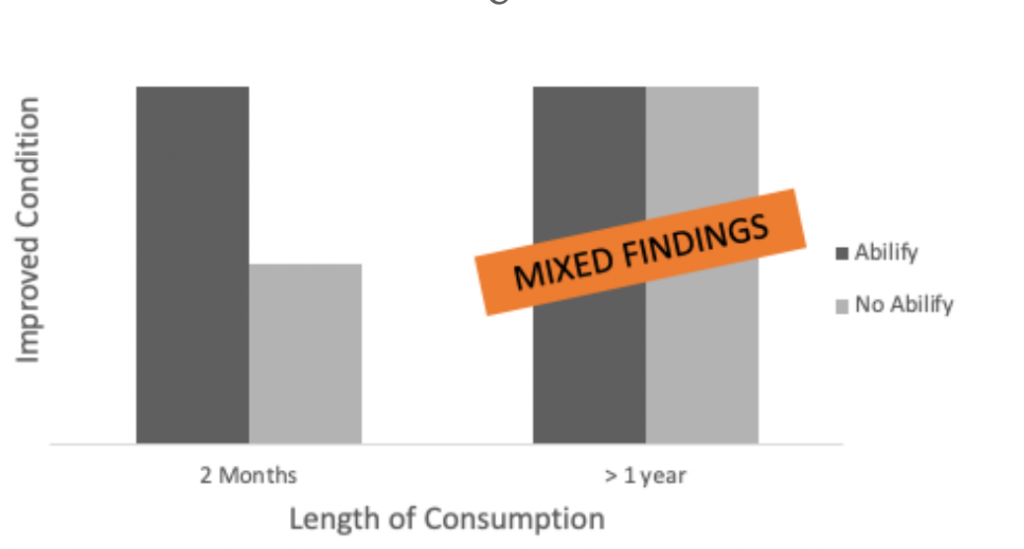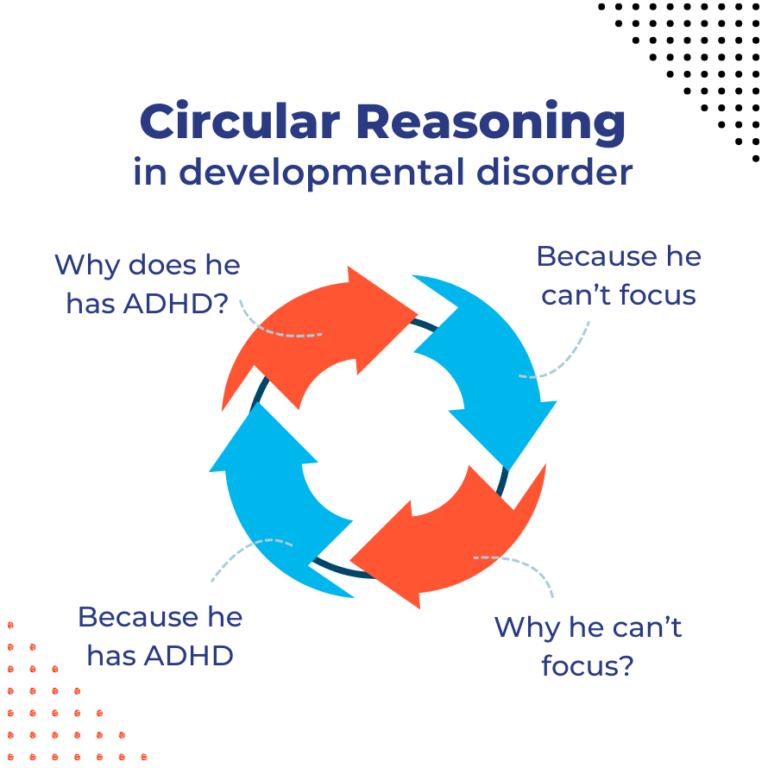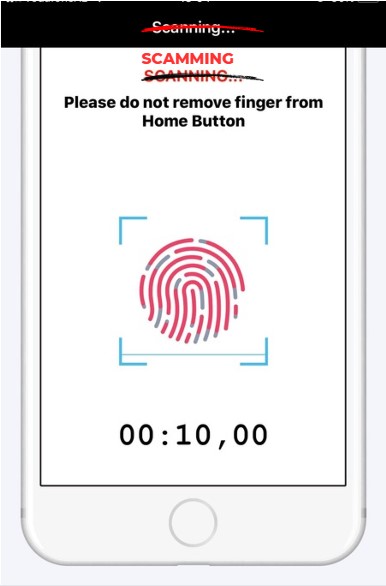Abilify (Aripiprazole) is an atypical antipsychotic medication primarily designed for treating severe mental disorders like psychosis and bipolar disorder. In recent years, it has also gained approval for addressing behavioral issues, including aggression and severe temper tantrums, in individuals with autism spectrum disorders (ASD).
Usage in Children
Abilify is approved for treating children and adolescents with severe conduct problems, resistant to other treatments, in the US and Europe.
However, there’s a concerning rise in off-label prescriptions for conditions lacking sufficient evidence of safety and efficacy. For example, Abilify have been used for treatment of ASD, intellectual disability, and ADHD and its use is gradually increasing in children aged 2 to 5.
Side Effects in Children
While Abilify tends to have fewer side effects than traditional antipsychotic drugs, some common ones include:
- weight gain
- headache
- increased saliva production
- sleep disorders
- muscle stiffness
- restlessness
- blurry vision
- dizziness
- nausea
These side effects can impact a child’s well-being, social interactions, and participation in non-pharmacological therapies and education.
Evidence of Efficacy
Despite its approval in 2009 for treating irritability in children, research on Abilify’s safety and efficacy remains limited.
Short-term studies have shown effectiveness in improving irritability associated with autistic disorder. However, long-term studies yield mixed results.
Long-term use of Abilify has been linked to adverse effects such as weight gain, drowsiness, vomiting, respiratory infections, constipation, and movement disorders. A recent randomized controlled trial revealed efficacy in reducing irritability for one year but highlighted potential relapse risks, emphasizing the need for cautious consideration and ongoing research.
Challenges and Considerations
In conclusion, while Abilify shows promise in certain scenarios, especially in the short term, its long-term effects and general applicability warrant further investigation. Parents and professionals must weigh the potential benefits against the associated risks and consider alternative therapies and interventions in consultation with healthcare providers.
References
Findling, R. L., Mankoski, R., Timko, K., Lears, K., McCartney, T., McQuade, R. D., … & Sheehan, J. J. (2014). A randomized controlled trial investigating the safety and efficacy of aripiprazole in the long-term maintenance treatment of pediatric patients with irritability associated with autistic disorder. The Journal of Clinical Psychiatry, 75(1), 22–30. doi:10.4088/JCP.13m08500 Link to Study
Mechanism of Action of Aripiprazole, Psychopharmacology Institute
Abilify: Uses, dosage, and side effects, Medical News Today
Hirsch, L. E., & Pringsheim, T., 2016, Aripiprazole for autism spectrum disorders (ASD), The Cochrane database of systematic reviews Link to Study
Handbook of Clinical Psychopharmacology for Therapists, Book by John D. Preston.
Joyce Nolan Harrison; Fallon Cluxton-Keller; Deborah Gross, 2012, Antipsychotic Medication Prescribing Trends in Children and Adolescents, Pediatric Health Care
Nicolas Coustals, Marie-Line Ménard, and David Cohen, 2021,
Aripiprazole in the Treatment of Irritability in Children and Adolescents With Autistic Disorder, Journal of Child and Adolescent Psychopharmacology
Marcus, R. N., Owen, R., Kamen, L., Manos, G., McQuade, R. D., Carson, W. H., & Aman, M. G. (Year not provided). A Placebo-Controlled, Fixed-Dose Study of Aripiprazole in Children and Adolescents With Irritability Associated With Autistic Disorder. Journal Name (if available), Volume(Issue). Author links open overlay panel.





